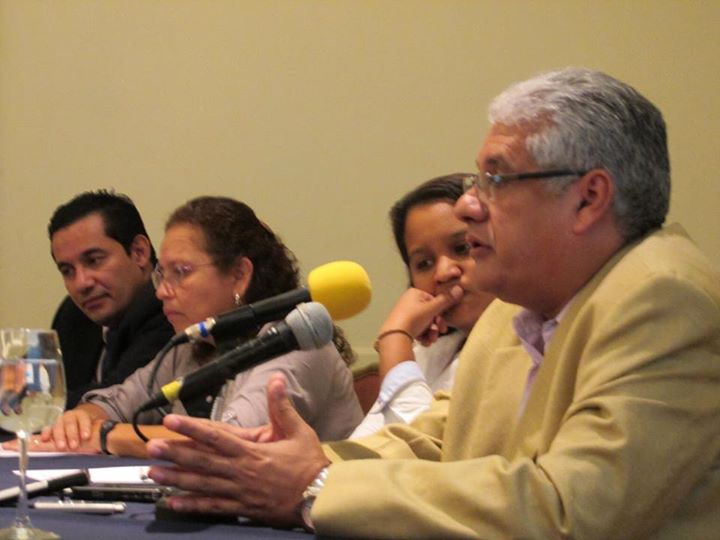






The Inter-American Commission on Human Rights (IACHR) – an entity of the Organization of American States-, gave the Salvadoran State a deadline of three months to provide a report about the case of Beatriz. The Commission gave priority to the processing of this case, taking into account the serious consequences to women’s rights resulting from Salvadoran legislation which criminalizes all types of abortion.
Following the international complaint presented before the IACHR by different civil society groups in 2013, the Commission requested information from the State. The suit against El Salvador is based on human rights violations which Beatriz was subjected to upon the denial of a therapeutic abortion necessary to save her life.
This young Salvadoran woman, who suffers from a serious chronic illness, became pregnant toward the end of 2012. Doctors recommended the use of a therapeutic abortion because her health and survival were at risk and also because the fetus had congenital anomalies incompatible with life.
However, doctors in the public health system did not terminate her pregnancy for fear of being subjected to criminal sanctions. The Constitutional Court did not provide a timely or effective response in order to protect Beatriz’s rights. It was only under the protection of measures ordered by the Inter-American Commission and Court of Human Rights that a cesarean section was performed in the 26th week of pregnancy.
Motivated by the damage caused to Beatriz, The Feminist Collective for Local Development of El Salvador, the Citizens’ Association for the Decriminalization of Therapeutic, Ethical and Eugenic Abortion of El Salvador, Ipas Central America and the Center for Justice and International Law (CEJIL), filed a complaint against El Salvador before the IACHR in November 2013.
This action aims to ensure that other women do not have to face the suffering that Beatriz endured when her life was at risk. These organizations are asking the Salvadoran authorities to repair the damage suffered by Beatriz, and to change domestic legislation to fully guarantee women the right to health, personal integrity, reproductive rights and the right to effective judicial protection.
Currently, El Salvador is one of the seven countries in Latin America and the Caribbean in which abortion is absolutely prohibited by law. This means that there are no exceptions, even in cases where the woman’s life would be threatened or where the pregnancy is result of rape.
According to data from Citizens’ Association for the Decriminalization of Therapeutic, Ethical and Eugenic Abortion of El Salvador, between 2000 and 2011, 129 women have been prosecuted in El Salvador for the crimes of abortion or aggravated homicide, with sentences ranging between two and forty years in prison.
¡Ayúdanos a continuar este trabajo crítico y urgente con una donación!
DONA AHORA